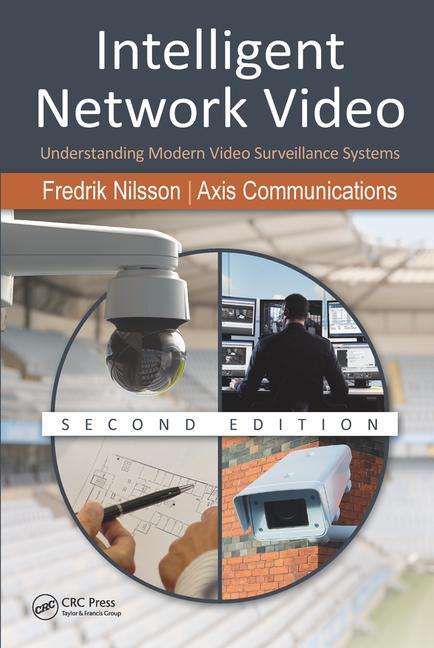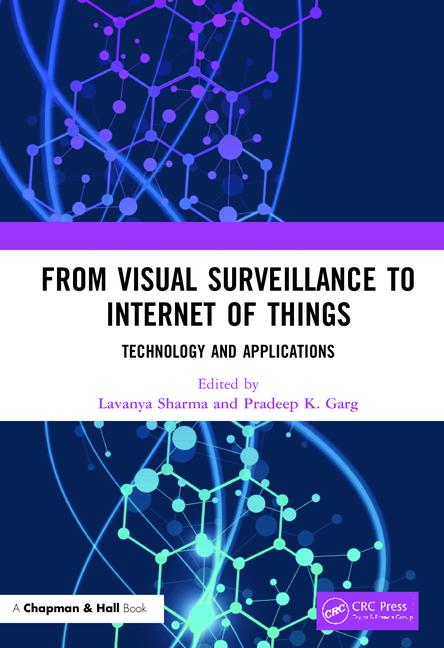The Security Industry Association’s (SIA) New Product Showcase (NPS) is the premier awards-based marketing program in the security industry. It has been in existence since 1979. Each year at ISC West, the NPS program recognizes outstanding contributions to the protection of life and property in residential, commercial and institutional settings. Judging panels composed of industry experts select winners in various categories. The most coveted awards are the Judges’ Choice Award and the Best New Product Award.
As an advocate for the advancement of our industry, the SIA NPS Committee created the Green Solutions Category this year to promote product innovation and raise awareness of this important topic.
Security products and/or services entered in this category contribute to the sustainable environment through their manufacturing processes, the reduction of waste, reduced power use, or other recognized principles of the USGBC and LEED Ratings initiatives. Sustainable manufacturing is defined as the creation of manufactured products that use processes that are non-polluting, conserve energy and natural resources, and are economically sound and safe for employees, communities and consumers.
Products entered in the Green Solutions Category — and in any of the other NPS categories — can be hardware, software or a service, and must be integral to a security or life-safety system. They must demonstrate that they reduce the overall use of energy, or that they utilize less energy than other products of a similar type. Service products need to demonstrate how they contribute to or assist in maintaining the LEED certification of a project.
“Green” also can refer to the product performance. As an example, more retail establishments are using compact fluorescents (CFLs) for facility lighting, and this can create issues with video imaging in security systems. A product designed to operate under these green conditions, or software that allows existing technology to operate optimally in a green environment, would be considered eligible for the Green category.
“You will see a lot of products come to the forefront on this,” said Jennifer Martin, manager of Worldwide Channel Programs for Pixim and chair of the SIA NPS Committee. “There are kinetically powered locks, long-life batteries with recycling programs, zero-waste delivery methods, energy management/power monitoring systems, solar-powered security cameras, and access readers. We wanted to recognize those products that may be tried-and-true technology (or new technologies), yet through sustainable manufacturing processes and product modifications the products are more energy efficient and/or rely on renewable rather than non-renewable power sources,” Martin said.
Christopher Grniet, regional managing director of Guidepost Solutions LLC and a member of the SIA NPS Committee, notes that in today’s building and construction market there is a tremendous emphasis on environmental responsibility as well as efficient use of resources for construction and operations. This requires close cooperation among architects, engineers and clients at all project stages, and puts emphasis on all aspects of a building project from its design through its entire operational life. Methods, concepts and strategies employed include the use of locally sourced products, environmentally safe materials, imposed limits on construction waste and general energy efficiency of building systems.
“While this ‘greening’ of the built environment has been in practice for many years, the security industry has largely been dismissed as too small of a component of the process to bear any impact. A majority of the industry has also not actively contributed or promoted any changes associated with sustainability except to promote systems use as a control mechanism for operational efficiencies, which has furthered that perception,” Grniet believes.
As design, construction and operational professionals seek to identify every possible avenue to achieve Leadership in Energy and Environmental Design (LEED) ratings on their projects, and the movement for more energy-efficient and environmentally safe built environments grows, the security industry should become an active and willing participant. Active participation can include anything from the use of recycled materials, to low-carbon manufacturing, to energy-efficient products and beyond. Security systems manufacturers and installers who do so will ultimately win the favor of decision makers of the building industry and establish themselves as conscientious leaders in the security industry.





